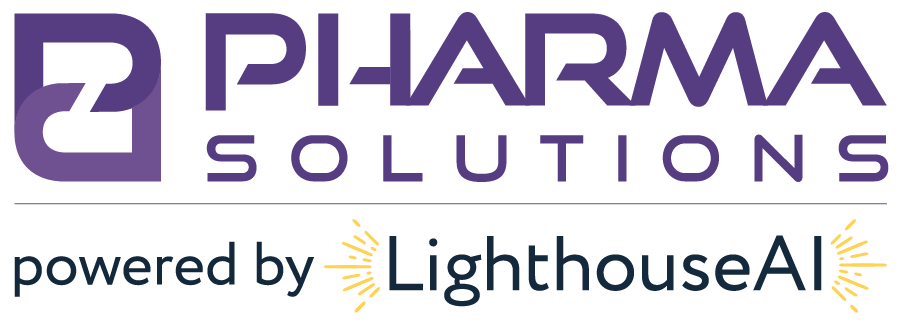10 Key Takeaways from the 2019 Controlled Substances Summit
ACI Controlled Substances Summit
1. Suspicious Order Monitoring (“SOM”) Systems:
- DEA cannot and will not endorse a SOM System. Just because the DEA has not made notifications on your legacy SOM program does NOT mean that they will not come back with issues at a later date – especially as regulation continues to become more sophisticated.
- Documentation, clear and comprehensive SOPs, management support, and employee training are crucial.
- For a defensible SOM, statistical analysis is KEY – a threshold is simply not enough diligence.
- Reviewing DEA provided trends/hotspots may include knowing what specific drugs are abused in specific areas (Gabapentin in Northeast, Tramadol in the South, etc).
2. The best way to stay compliant and out of DEA cross hairs is to look at (recent) cases and settlements.
3. The FDA Opioid Action Plan & Strategic Policy Roadmap is robust but many in the agency feel like they are playing catch up. February 2016 was the first time the agency formally addressed this issue and they did so through REMS, labeling compliance, and advisory committees.
4. DSCSA was primarily designed to address counterfeit and international grey/black market drug products.
5. Oklahoma lawsuit: the first day of the Oklahoma lawsuit took place on May 28. This is the first of possibly hundreds of cases that the controlled substance supply chain is facing, from manufacturers to pharmacies.
- Teva Pharmaceuticals signed an $85 million agreement with just two days before the landmark trial is scheduled to begin.
- The deal leaves Oklahoma to face off in court Tuesday against Johnson & Johnson, one of the nation’s largest pharmaceutical companies, in the first state trial over culpability for the drug crisis.
- In March, the state settled out of court with Purdue Pharma, the third defendant in the 2017 lawsuit filed by state Attorney General Mike Hunter (R). Purdue, the manufacturer of prescription painkiller OxyContin, is widely seen as the central character in the crisis. The company agreed to pay $270 million toward the treatment of substance abusers and research on the epidemic.
6. Multi-District Litigation (MDL):
- There are currently hundreds of cases – many stayed until 3 bellwether cases are processed in October (not including the Oklahoma case described above).
- These state cases are more likely to be settled unlike federal cases because the federal cases, as bellwether cases, will create precedent and increase defendant exposure.
- Tribal courts are making sure they are represented well in litigation.
7. State by State Updates:
- Sample Distribution of CS
- Licensing is required in many states, including Florida, Kansas, and Washington.
- Some states prohibit sampling, including New York.
- Some states limit who may receive samples, including Louisiana
- Some states limit quantity shipped, including Louisiana.
- Restriction on the advertisement for Controlled Substance.
- Kentucky may be potentially guilty of a misdemeanor.
- In Florida, a pharmacist cannot promote it.
8. DEA Inspection Book should include:
- Description of Activity
- List of Corporate Officers/Management
- DEA Registration and State Licenses
- POA Letters
- CSOS Subsidiary Agreement
- Percentage of Controlled Substance vs. Other Prescription Drugs
- List of Suppliers
- List of Customers
- Controlled Drug List
- Any State Inspection Reports
- How often your scales have been calibrated
- Employees who have access to controlled substances
- SOPs for everything, especially handling controlled substances
9. Criminal considerations:
- DEA/DOJ is using TRO/injunctions to bypass the administrative revocation process which is a more “traditional” method of prosecution. Most recently, the tactic was used against two pharmacies in Tennessee (February 2019) and two doctors in Texas (May 2019).
- The SUPPORT Act pushes a 20-year sentence to doctors and pharmacies who give drugs to someone who overdoses and dies.
- The SUPPORT Act can fine up to $100,000 per each infraction.
- June 2018: DEA announced a national health care fraud takedown which resulted in charges against 601 individuals responsible for over $2 billion in fraud losses. It was the largest health care fraud enforcement action in DOJ history.
10. Registrants can be authorized by DEA as collectors but it requires a modification to the registration.
About Us
Based just outside of Philadelphia, Pharma Solutions provides actionable guidance and excellent administrative services with a focus on client care across Compliance, Commercial, and Quality solutions. Our mission is to improve the health and welfare of the American public by providing solutions and implementing best practices for companies in the pharmaceutical supply chain.




0 Comments